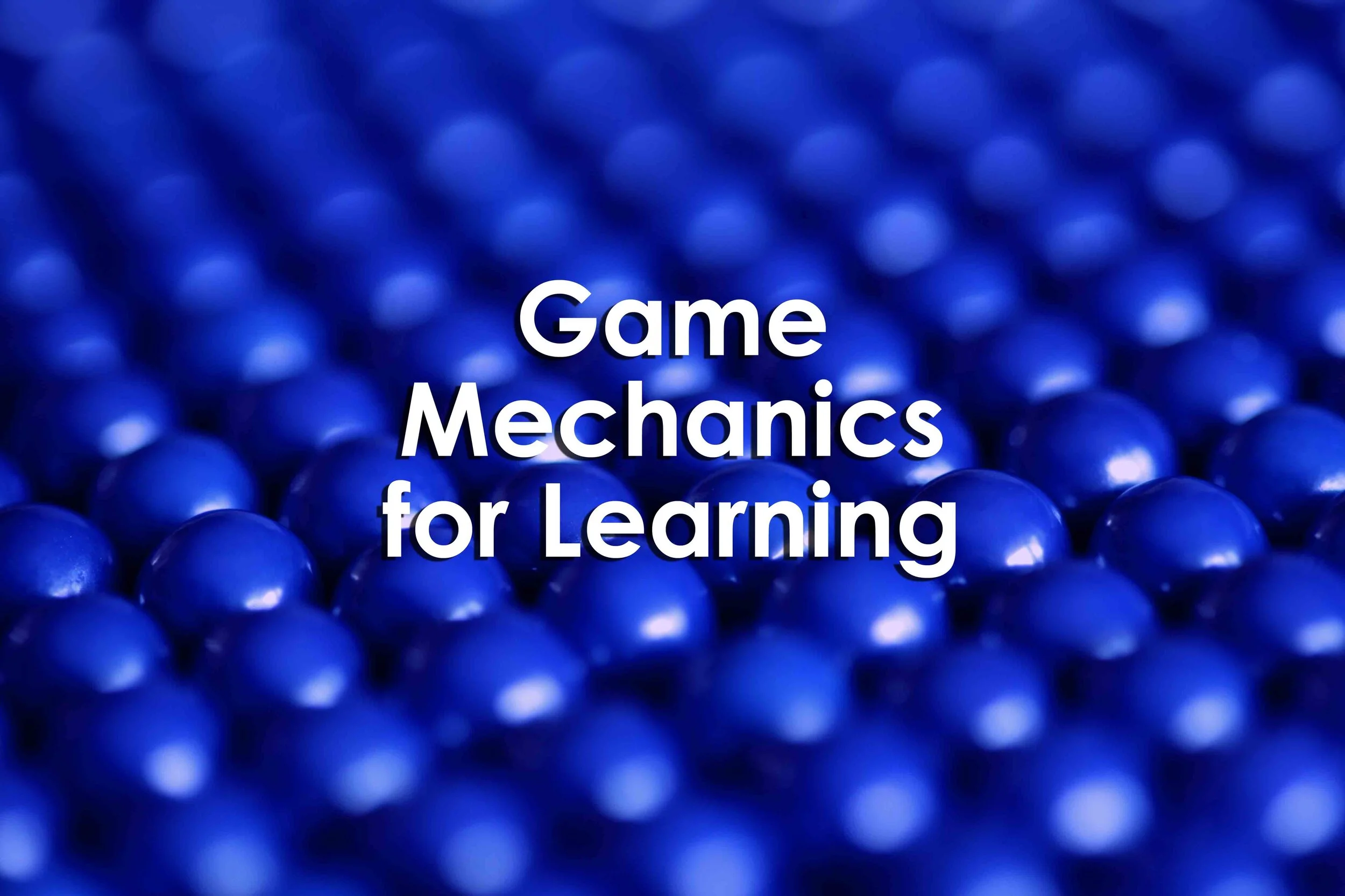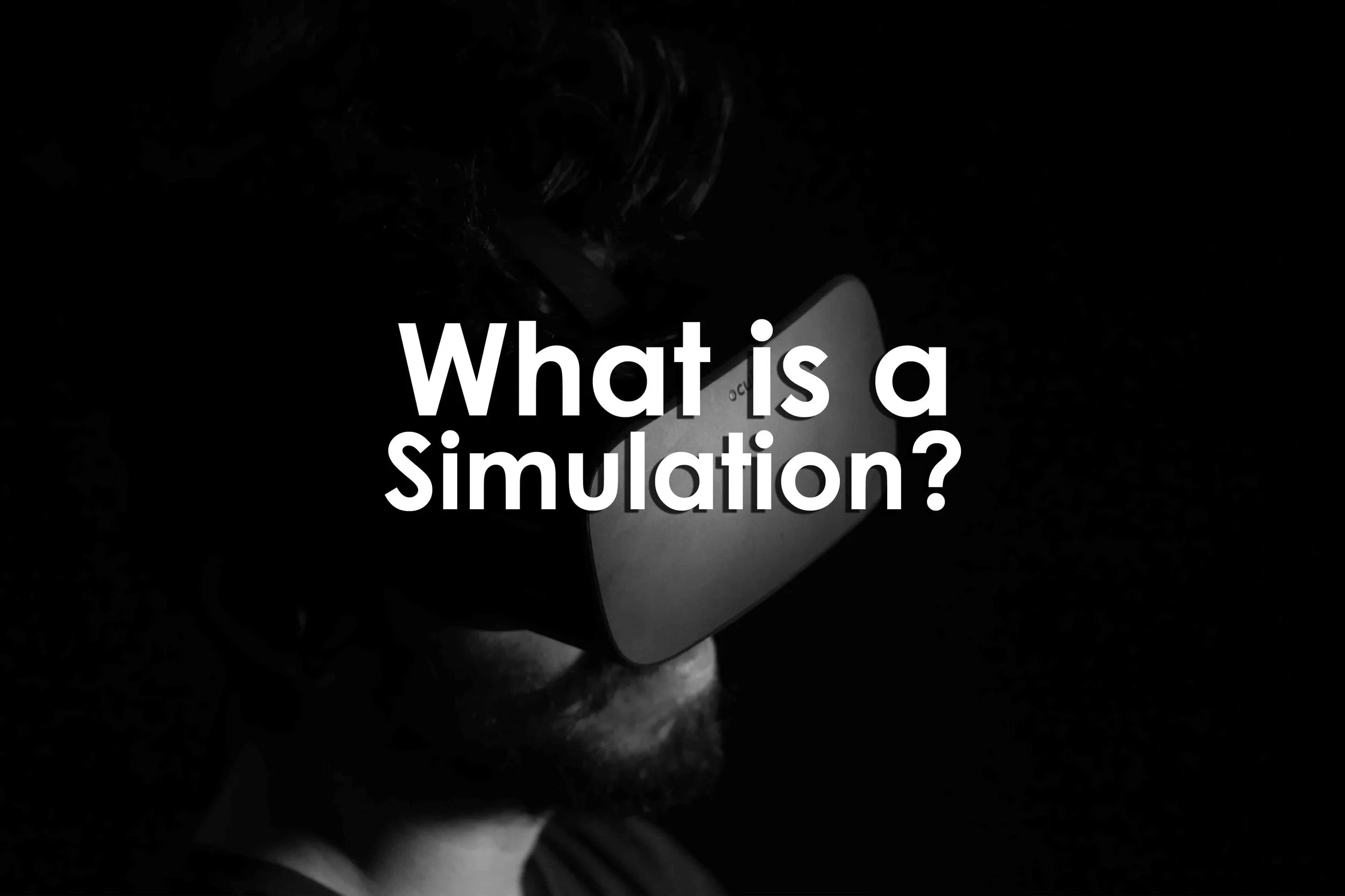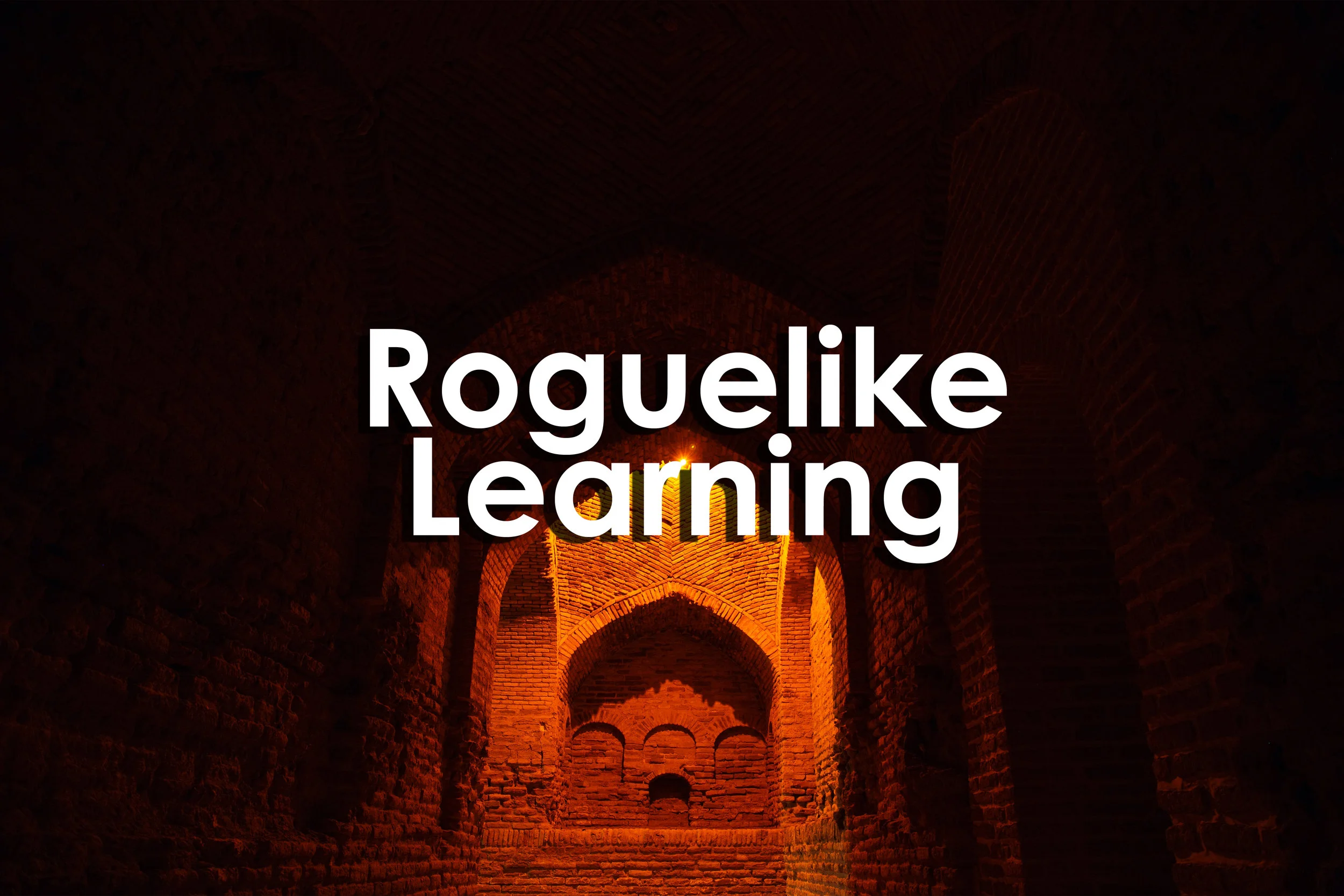This article will address the steps necessary for adapting games for learning. It’ll cover why educators should first adapt games for games-based learning. Challenges that educators often face with adaptation will be addressed as well as how a strategy can be outlined for game adaptation.
Read MoreThis article will define expectancy theory as well and describe its origins for understating human motivation and behavior. Motivation will also be covered as a facet of the educational process as well as expectancy theory’s origins in management as a way to better connect employee performance and rewards.
Read MoreThis article will explore some larger concepts such as “What is meaning?” More specifically, the article will attempt to define what meaning making is as well as how it is connected to meaningful play. Developing an understanding about how making occurs is important to addressing how meaning making and learning are connected. Only then can meaning making through games and game play be further explored. This article will discuss the meaning making process for players in games; game structure; and game mechanics.
Read MoreThis article will review and define serious games. A brief history of serious games will be shared along with some of the best reasons for using serious games in teaching and learning. The impact and ramifications of using serious games in the classroom will be discussed as well as the role that educators play in integrating serious games in their practice.
Read MoreThis article will review the origins of the word “grok” as well as its definitions and what it means. Grokking has been closely attributed to game play and game design; however there are connections to “grokking a game” and mastery learning. This connection will be reviewed in greater depth as well as how curriculum design, student experience, and instructor interaction influences mastery learning. Games-based learning practitioners will learn how to adapt the concept of “grokking” to mastery learning and how to implement feedback loops in mastery learning through games-based learning.
Read MoreThis process of knowledge construction - especially game knowledge - is called constructivism. This article will examine and define what constructivism is. Constructivism as applied to education a will be outlined as well as how constructivism is applied in other aspects. Constructivism as it is applied in educational practice will be examined and how the roles and expectations of both instructions and students are identified. Learning as the transformation of experience into knowledge will be described - especially how experience relates to interaction; choice; feedback; and socialization in games-based learning. Finally, this article will examine constructivism as a metacognitive experience for learning and how educators can use commercially available games for applied games-based learning.
Read MoreThis article will examine game mechanics as an educator applying games-based learning. The structure of mechanics, how they are used, and the purpose of the “core loop” of games will be examined. Specific game mechanics used in gamification and games-based learning will be reviewed. Those mechanics include goals & objectives; progress & competency; feedback; and rewards. The relationship between game mechanics and goals will be examined in relationship to the player experience. Creating relatable content that applies directly to learners experiences is recommended. Lastly, playtesting will be discussed as a way to validate game mechanics for learning.
Read MoreThis article will answer the question “what is a simulation?” In addition, the connection between games and simulations will be outlined and discussed. The role that simulations play in teaching and learning will be covered as well as some of the biggest benefits of using simulations for education. Steps for applying and using simulations for learning will be outlined. In addition, adapting simulations for an established class or course will also be discussed. This article ends with some common issues using simulations as well as some of the best outcomes to prioritize when applying simulations to teaching and learning.
Read MoreThis article will review what game mechanics are as well as how players interact and interpret them. Game designers’ roles with creating and using mechanics will be discussed as well as how mechanics are used for games-based learning and educational gaming. Lastly, this article will close on what designers should avoid when designing mechanics for their games.
Read MoreThere’s a special appeal to playing really hard games. Games were you have to grind it out over time to get anywhere. A type of those really hard games are called roguelikes. But what makes them hard? What makes them appealing? Most importantly: how can we use the difficulty of roguelike games for games-based learning?
Read MoreGames have goals. Classes have outcomes. Learning outcomes are a way for faculty, educators, and instructional designers to form and shape how a class will be structured. Game designers also form and shape the player’s experience through structures, loops, and other activities. Some may think that these two areas are completely separate. But when taking advantage of games-based learning, they become one and the same.
Read MoreThis past February 12, 2016 I was honored to present at the annual NYU Student Affairs Conference at their Kimmel Center of University Life on my work in Blended High Impact Experiential Learning for my staff trainings. Below is the program abstract and outline. If you weren’t able to make the presentation I have provided both the Prezi and Blended Versal Course so that you can share the presentation out with your staff. Enjoy!
Read More











